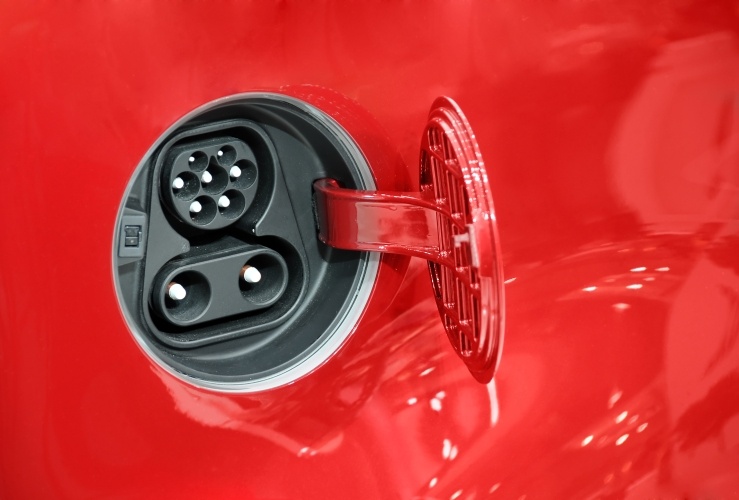
Government subsidisation of electric cars has finally started to pay off – encouraging more people than ever to move away from petrol and diesel engine vehicles. But more surprising is the fact that pure electric cars are actually cheaper to own and run than petrol cars – at least in in the UK, US and Japan, where a recent study was carried out.
Without state subsidies - worth about £5,000 per car in the UK - the pure electric vehicle would not have enjoyed so much success. However, as charging infrastructure and manufacturing capacity develop, pure electric cars will cost the same to own and run as petrol cars in the early 2020s, but without the subsidies – according to the study.
The authors of the study looked at all the costs facing the modern motorist over a four year period, including the initial price, depreciation, tax, maintenance, fuel and insurance.
Electric engines are simpler, meaning lower maintenance costs. But the real benefit of the powertrain type is that electricity is much cheaper than fuel. In 2015 data – the most recent figures analysed in the study – pure electric cars were 10% cheaper to run than petrol models.
Due to the fact they receive lower subsidies and cannot by charged from an external source, hybrids were marginally more costly than fuel-based cars.
Plug-in hybrids, on the other hand, were found to be much costlier to buy and run, essentially because they have two engines. In Japan, however, they were still cost-effective due to higher subsidies.
In the UK, take up of electric cars has been fuelled by lower running costs, but also by concerns over climate change and air pollution in the nation's built-up areas. Worries over pollution caused by diesel cars has also increased greatly, prompting sales in diesel cars to fall dramatically over the last 12 months – to the tune of 30%. Meanwhile, electric car sales have increased by a record 37%.
Matt Finch, of the UK's Energy and Climate Intelligence Unit, said at current projections electric car sales could outpace those of diesel cars by the middle of 2019.
It’s worth pointing out, however, that there are 32 million petrol and diesel cars on the UK’s roads, compared to just 120,000 pure electric vehicles. The day when electric cars outnumber petrol cars appears to be a long way off.





